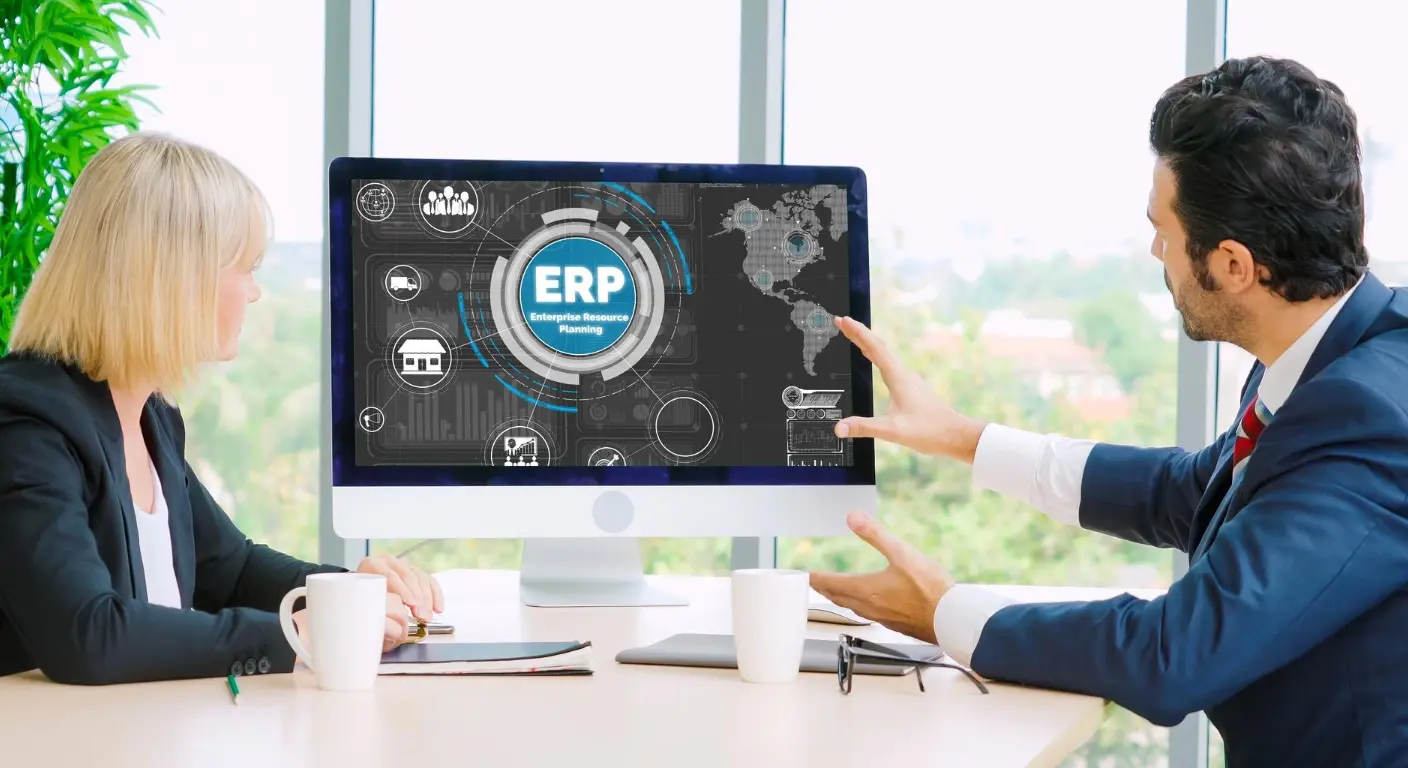Practical example: Why AI projects fail - and how to do it better
A medium-sized mechanical engineering company implemented ERP software with extensive AI functions, but the project was disappointing. As independent ERP consultants, we were asked to work out the causes and potential for improvement. Our findings came as no surprise to the client. The reason: poor data quality and a lack of internal AI expertise. Without a reliable database and a realistic target image, AI cannot deliver on its promises.
Companies must therefore first improve data quality and build up skills before AI functions can be used effectively. When we talk about data quality, we repeatedly address the topic of master data and master data quality improvements. We usually develop packages of measures to improve master data quality. Positive results show that this process model is effective.
AI as a decisive criterion for ERP selection
We recommend that you develop the following criteria from our practical experience to help you take AI into account when selecting an ERP:

1. identify suitable use cases
Check exactly which AI functions support your business processes and help you specifically.
2. ensure data quality
Without reliable historical data, AI analyses will not deliver any useful results. Invest in the quality of your master data at an early stage. The question of how long back master data needs to be maintained depends on your project and your throughput times (the supply chain time) and can vary. Our experience will help you with the assessment.
3. flexibility and integration
Look for open systems that integrate AI modules flexibly and can be expanded as required. AI is currently developing at an enormous pace. We therefore believe that it is important to pay attention to the interfaces or APIs so that new functions can be quickly activated and old ones quickly deactivated.
4. check competencies and support
Make sure that your team has the necessary AI skills or receives external support from the ERP provider. In various consulting projects, we have been able to successfully transfer our knowledge to our customers through knowledge transfer in the sense of the train-the-trainer concept. If this interests you - simply get in touch.
5. evaluate economic efficiency
Do not use AI as an end in itself, but clearly evaluate the economic benefit of each feature. It's like any IT investment - it has to pay off. If you are critical, define ROI clearly and then decide. From our experience in customer projects, it is becoming increasingly clear that innovation can be supported by AI. It may even be the key to it. Then the ROI consideration is different. Talk to us if you have any questions.
Conclusion: Use AI sensibly and generate real added value
The result of our consulting practice as independent ERP consultants: AI is changing the ERP landscape in the long term and offers great potential for SMEs. It is crucial to view AI not just as a trend, but as an integral part of your digital strategy.

Start by ensuring you have a solid database, realistic goals and the necessary skills. Take a pragmatic and step-by-step approach to actually reap tangible benefits from AI.





/Herr_Dreher_500x500.jpg)





